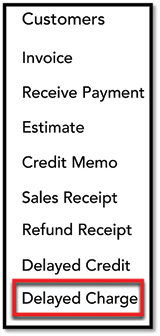Handling Special Transactions in QuickBooks Online
So far, we have covered the most common transactions for which small businesses use QuickBooks. However, there are a few more topics that we would like to share with you. While some of these may not apply to your business when you are starting out, it’s a good idea to be aware that they exist.
First, we will discuss how to properly set up a business loan or line of credit. If you have a business loan or line of credit, you need to keep track of payments and overall outstanding balances in QuickBooks. Next, we will cover petty cash. Petty cash is often used for small purchases such as stamps or lunch for the office. Due to this, we will show you how to add a petty cash account, record petty cash transactions, replenish petty cash, and reconcile the petty cash account. While you always hope it doesn’t happen to you, there may come a time when you are unable to collect payment from a customer. If this happens, you will...




